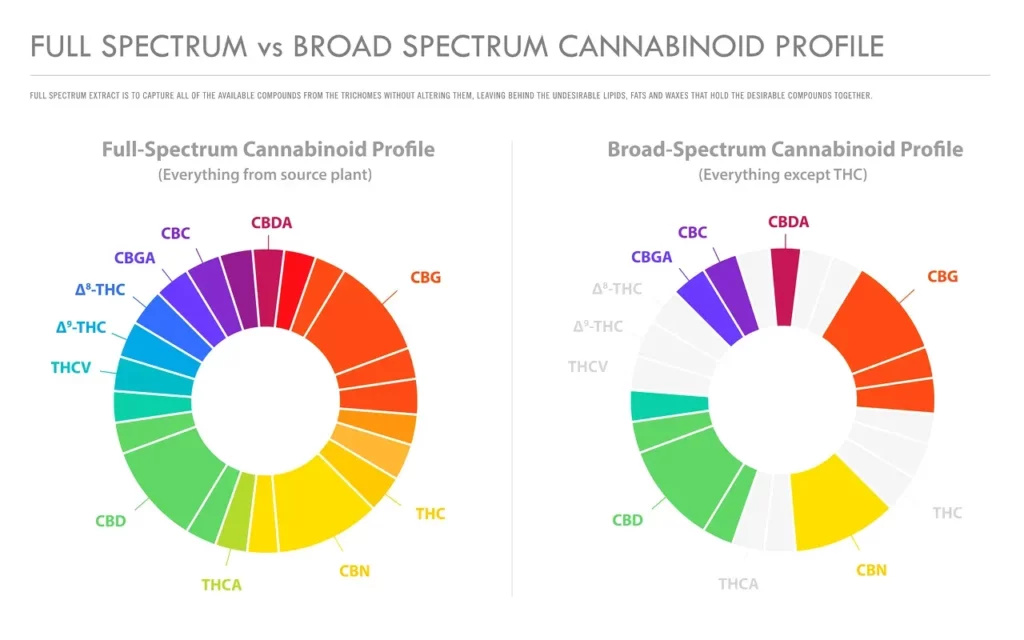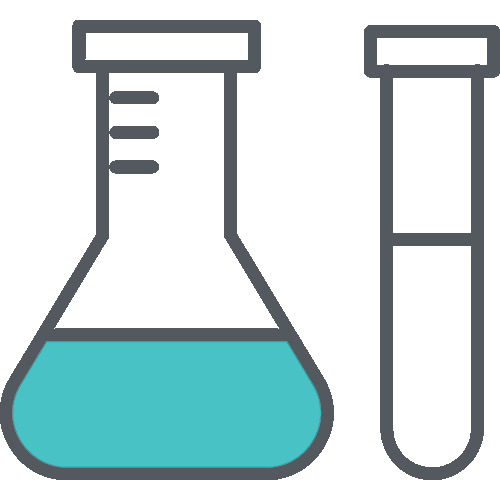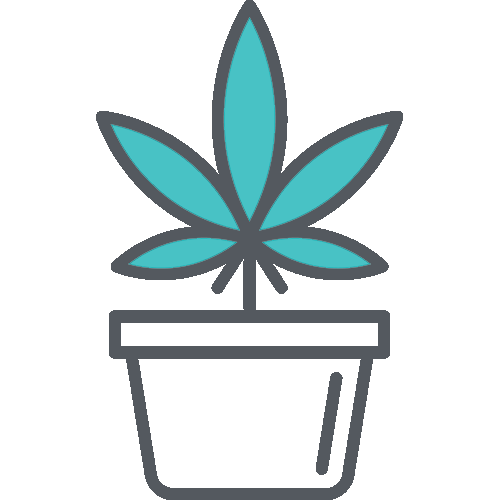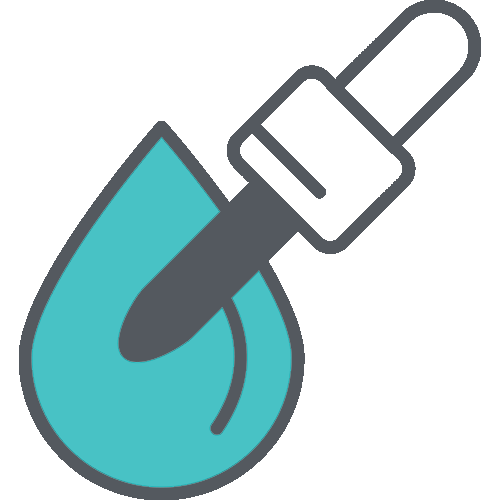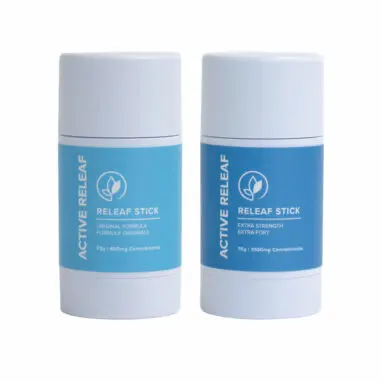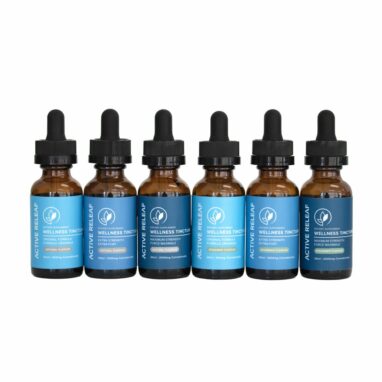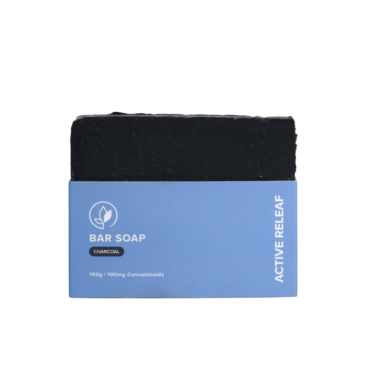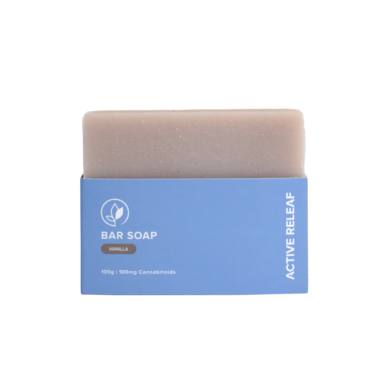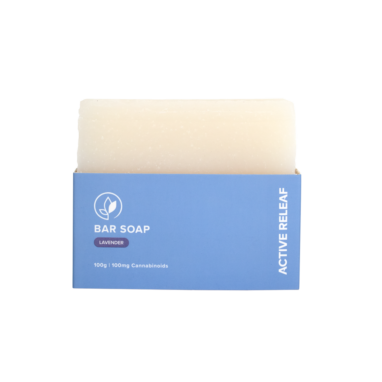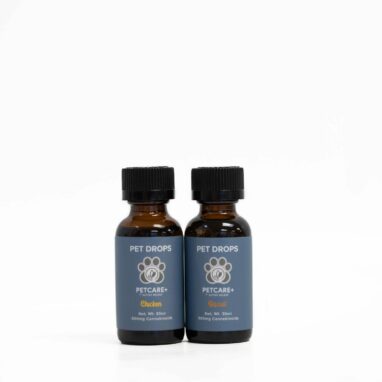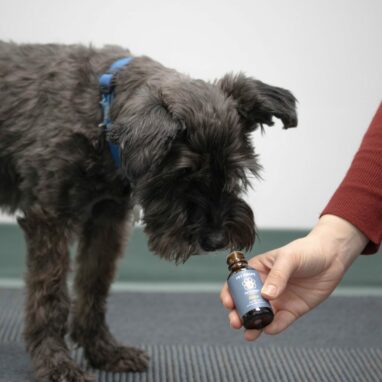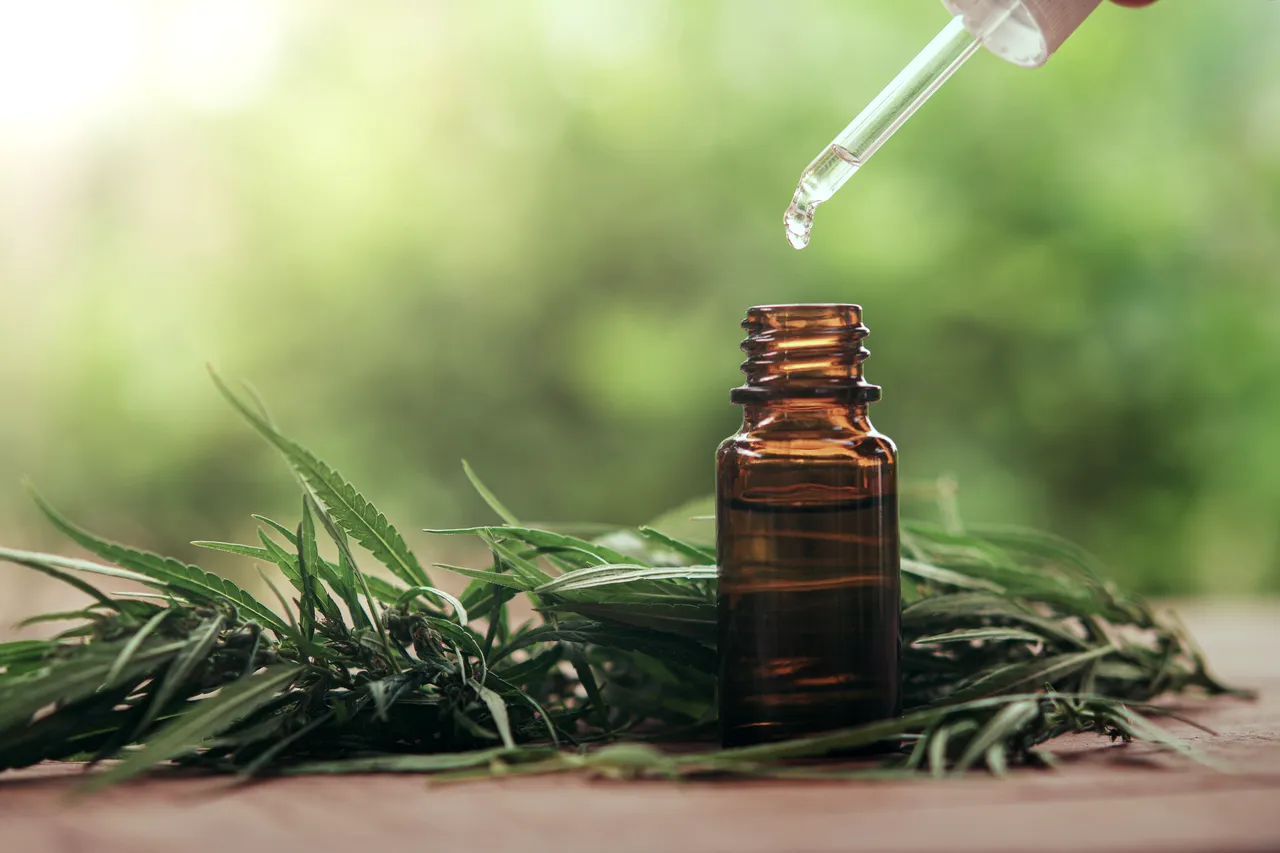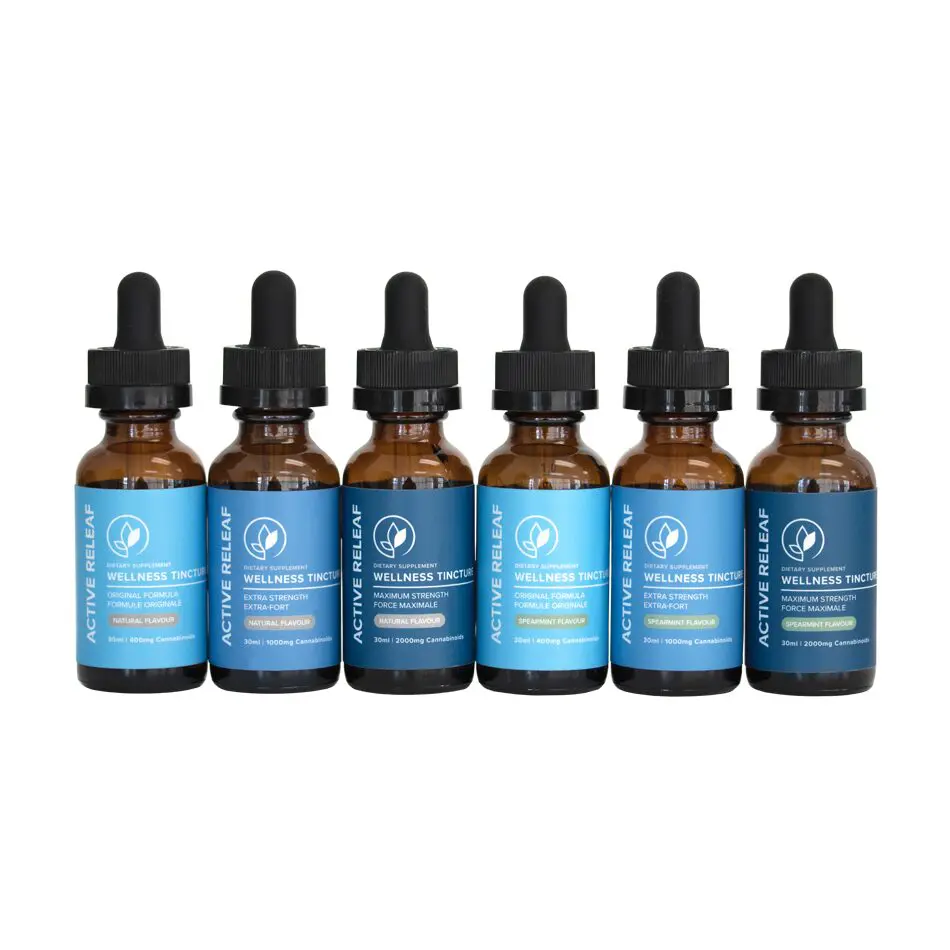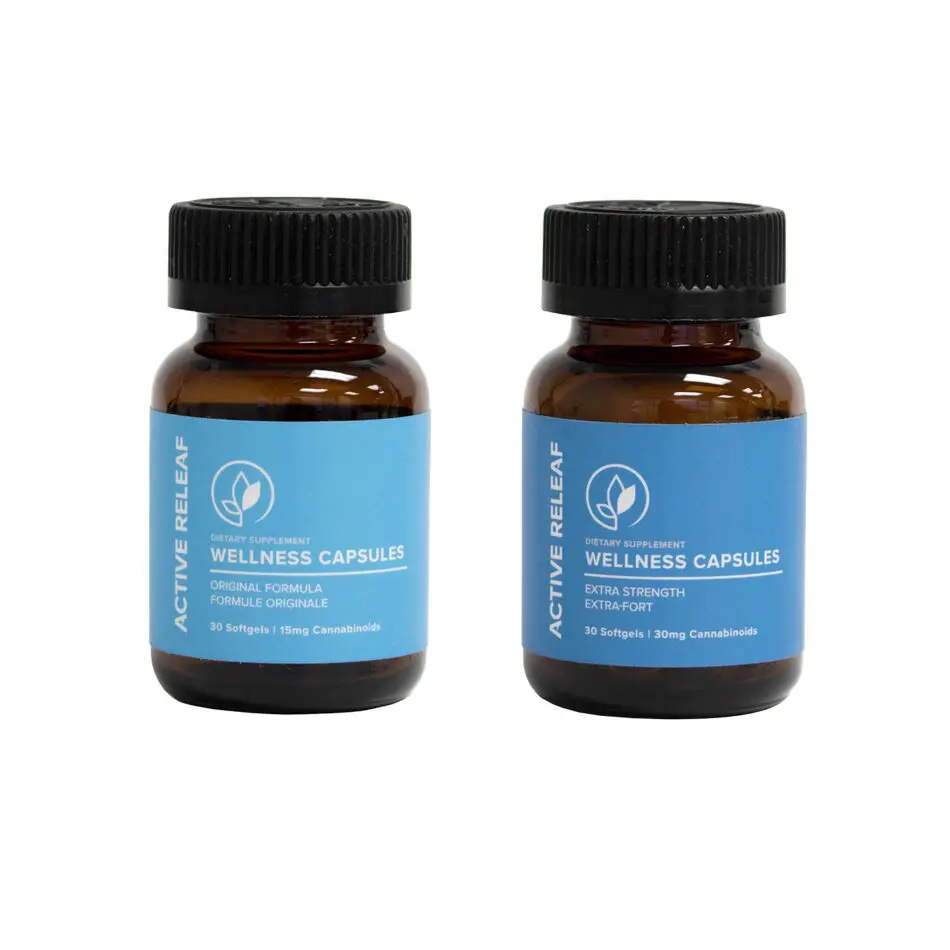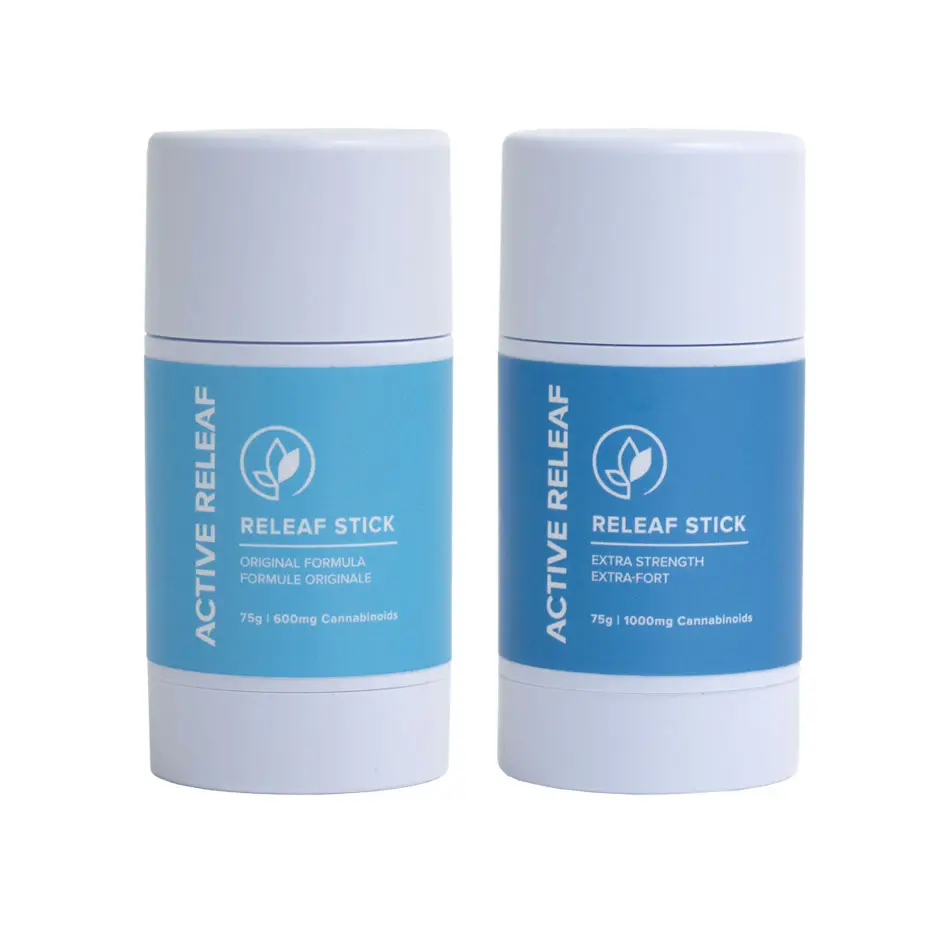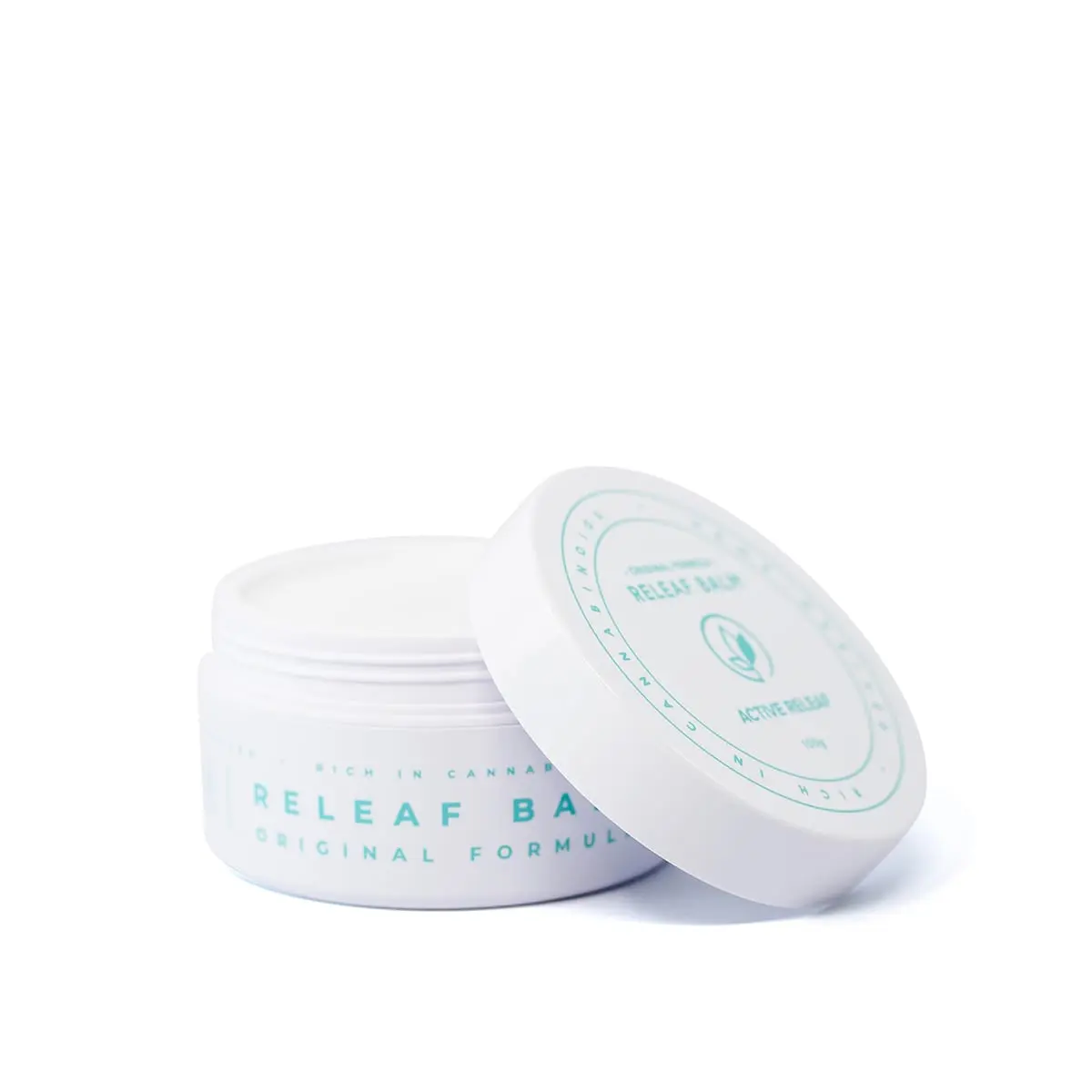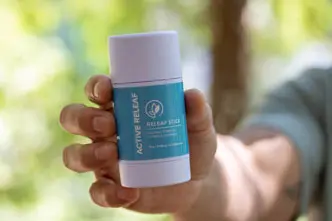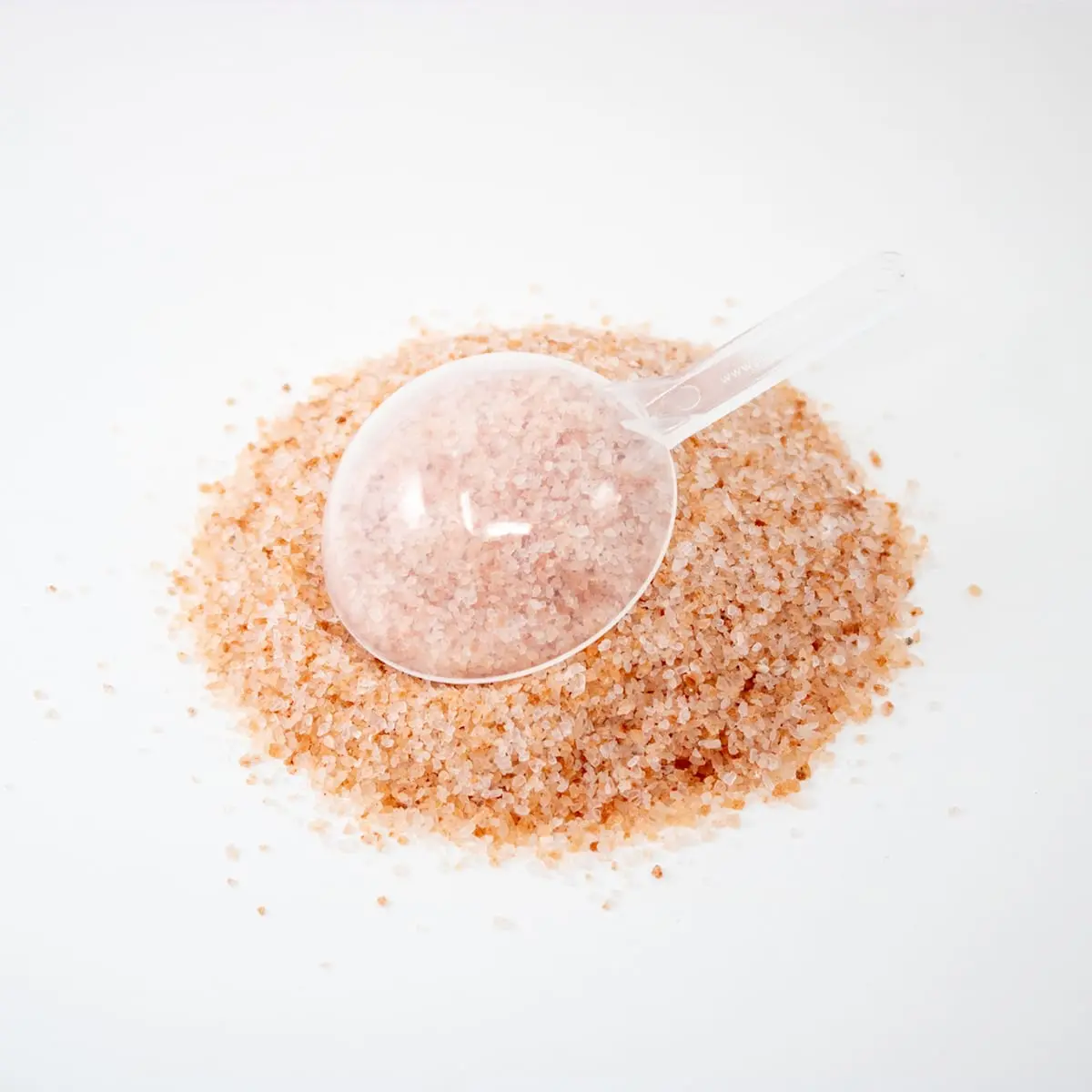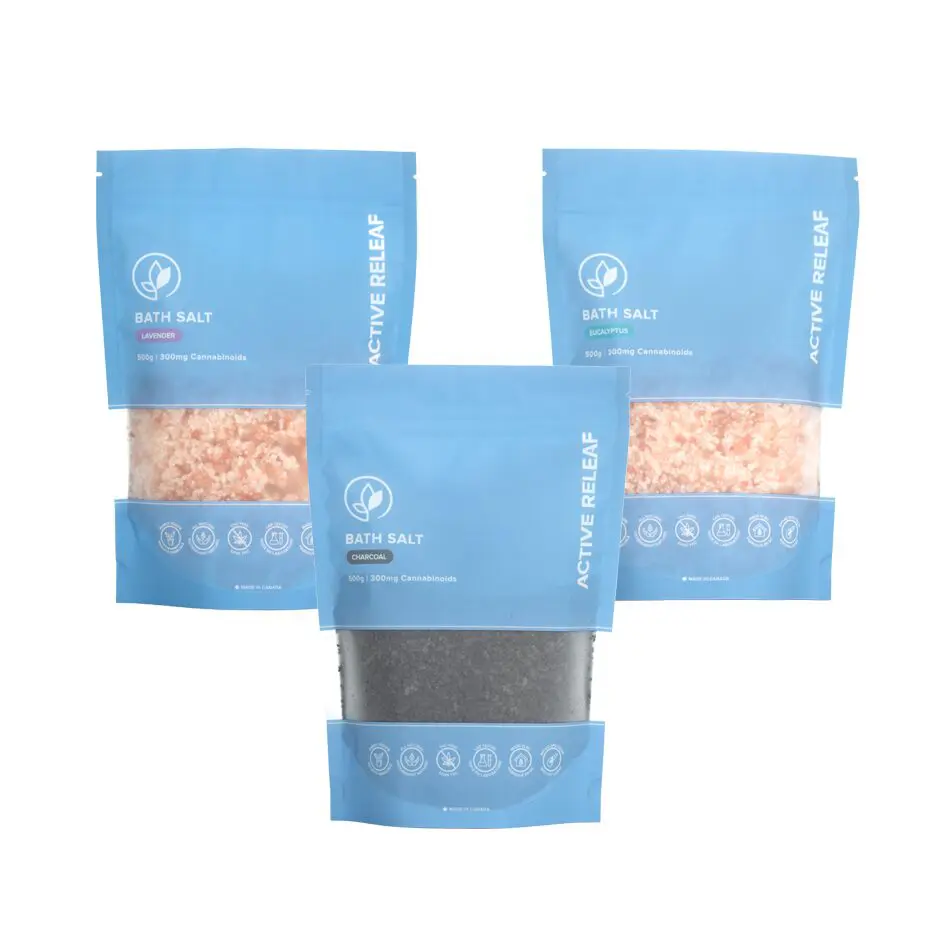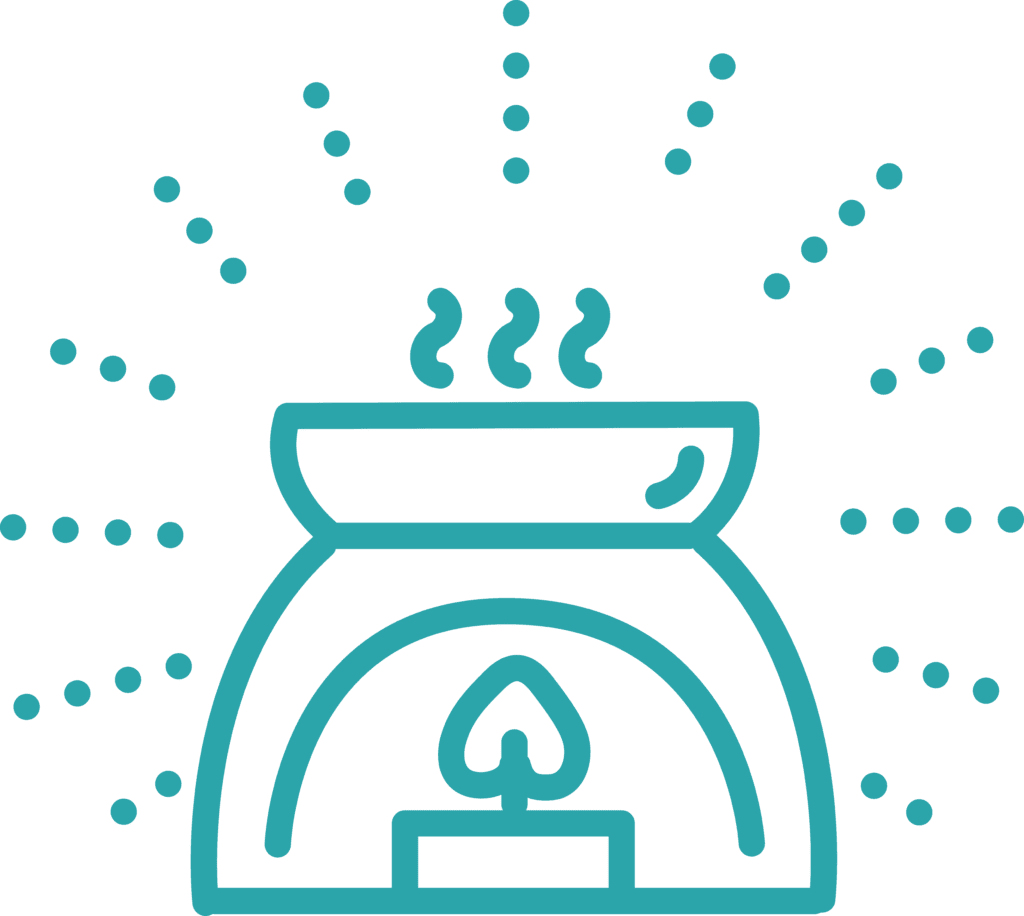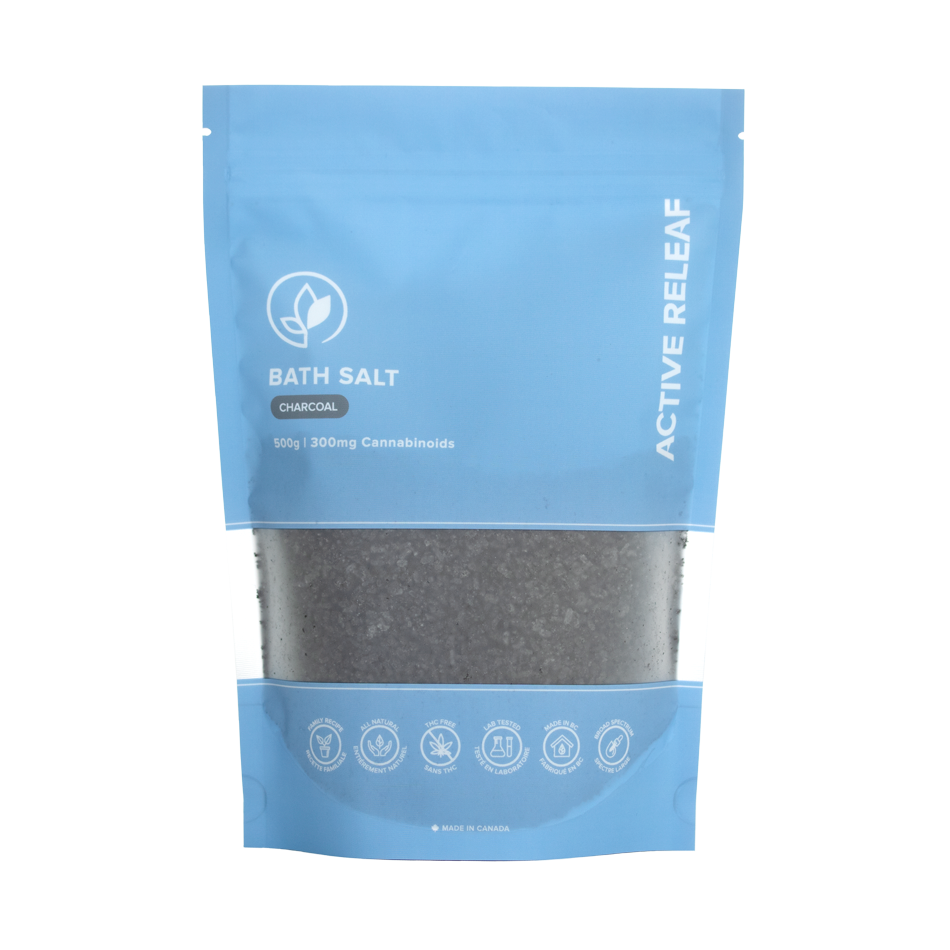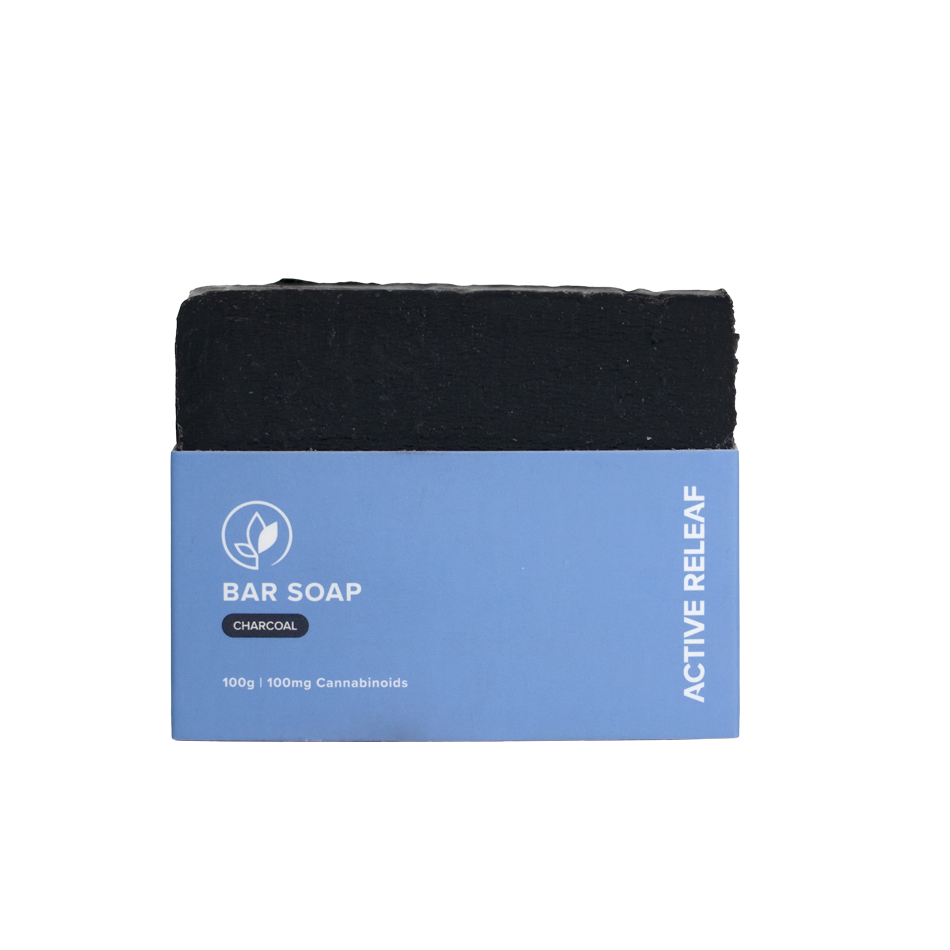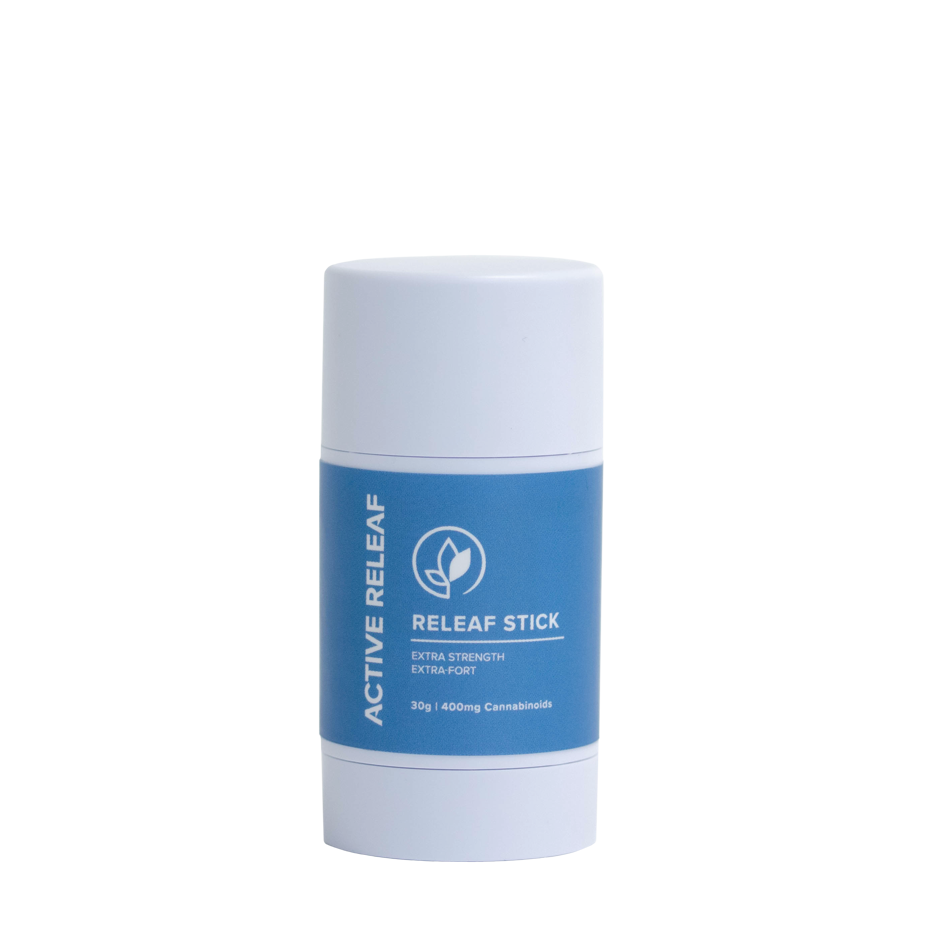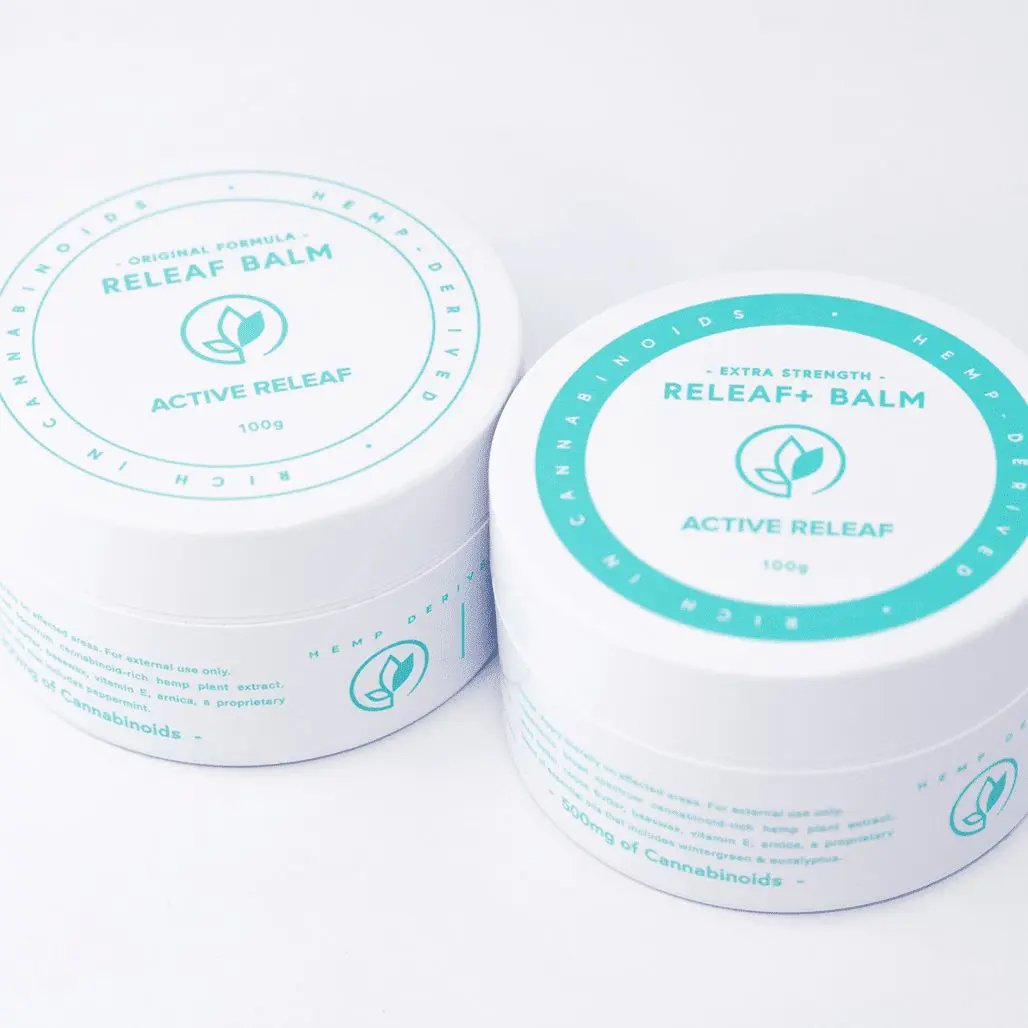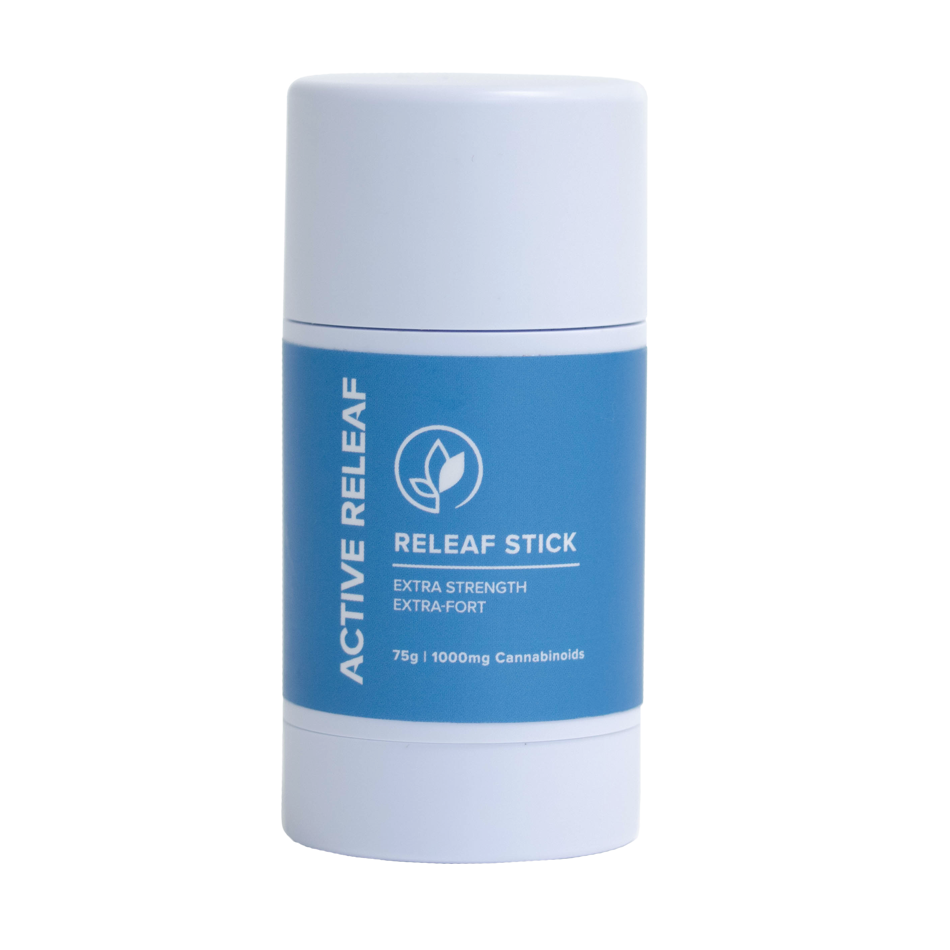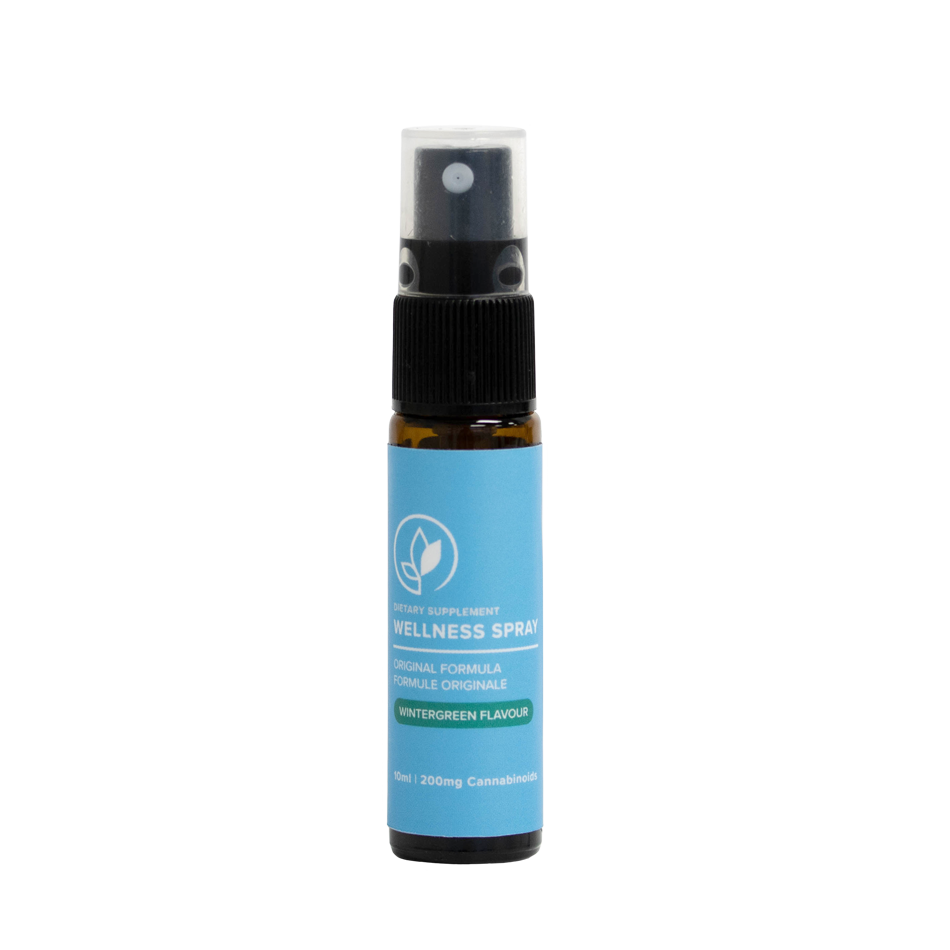With the rising popularity of CBD, some people wonder about the risk of addiction and habit formation. Here are the key facts to understand about CBD and its addictive potential.
CBD Does Not Cause a High
CBD is a non-intoxicating compound, meaning it does not cause any high or euphoric effects. The high associated with cannabis comes from THC, the psychoactive component. CBD products contain little to no THC.
Without causing a high, CBD is unlikely to lead to addiction or abuse as users do not get rewarded with pleasurable sensations. However, CBD can cause very mild relaxing effects.
Low Risk of Dependence
According to research, CBD has a relatively low risk of dependence. In fact, the World Health Organization states CBD does not exhibit effects indicative of abuse potential or dependence.
Unlike addictive substances, CBD does not change chemical levels in the brain or negatively impact reward systems. There are no signs of public health-related problems associated with CBD use.
No Withdrawal Effects
People discontinuing long-term use of CBD do not experience traditional withdrawal symptoms seen with substances like opioids, alcohol, or nicotine.
Symptoms like irritability, nausea, sleep disturbances, sweating and cramping are not associated with stopping CBD use. This indicates CBD is unlikely to cause physical dependence.
Potential for Misuse
While CBD is not addictive in the traditional sense, there are risks of misuse and relying on it as a crutch. Using large amounts of CBD to constantly feel peaceful or relieved could become problematic over time.
It’s important to meet with a doctor to identify and treat any underlying issues leading to overuse of CBD.
Habit-Forming Potential
The habit-forming potential of CBD depends largely on the user. Some people find the ritual of taking CBD comforting and miss it when they stop. But this is more akin to missing your morning coffee than an addictive disorder.
Creating healthy boundaries around CBD use can prevent habitual patterns and reliance. Being mindful of your motivations for using CBD helps keep use in check.
Speak with Your Doctor
If you have concerns about CBD dependence or addiction potential, have an honest discussion with your doctor. They can examine your health history and risk factors to determine if CBD is safe to use without risk of misuse.
Most evidence indicates CBD is unlikely to become habit-forming but it’s still important to monitor your own use. Seek help if you feel you are over-relying on CBD to cope with issues.
Use CBD Responsibly
Following dosage guidelines, buying from reputable brands, and being mindful of your motivations can help keep CBD use responsible. While evidence shows CBD is non-addictive, it should still be treated with care and caution.

